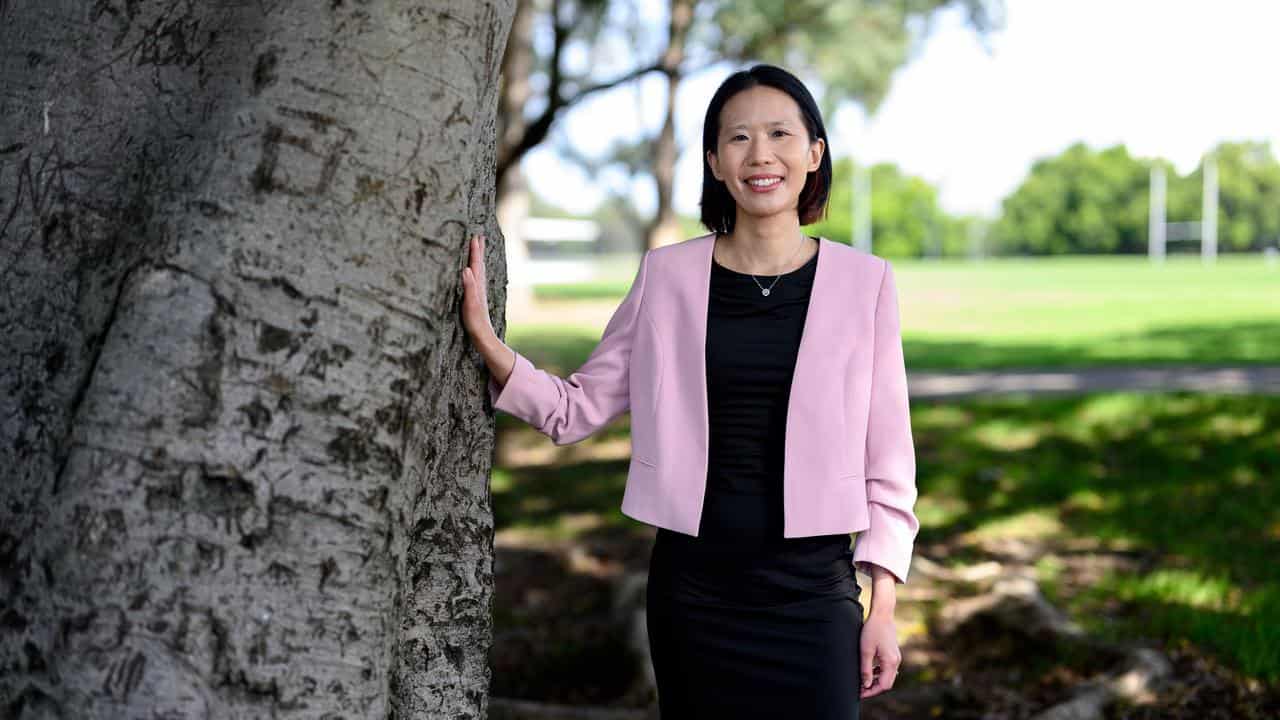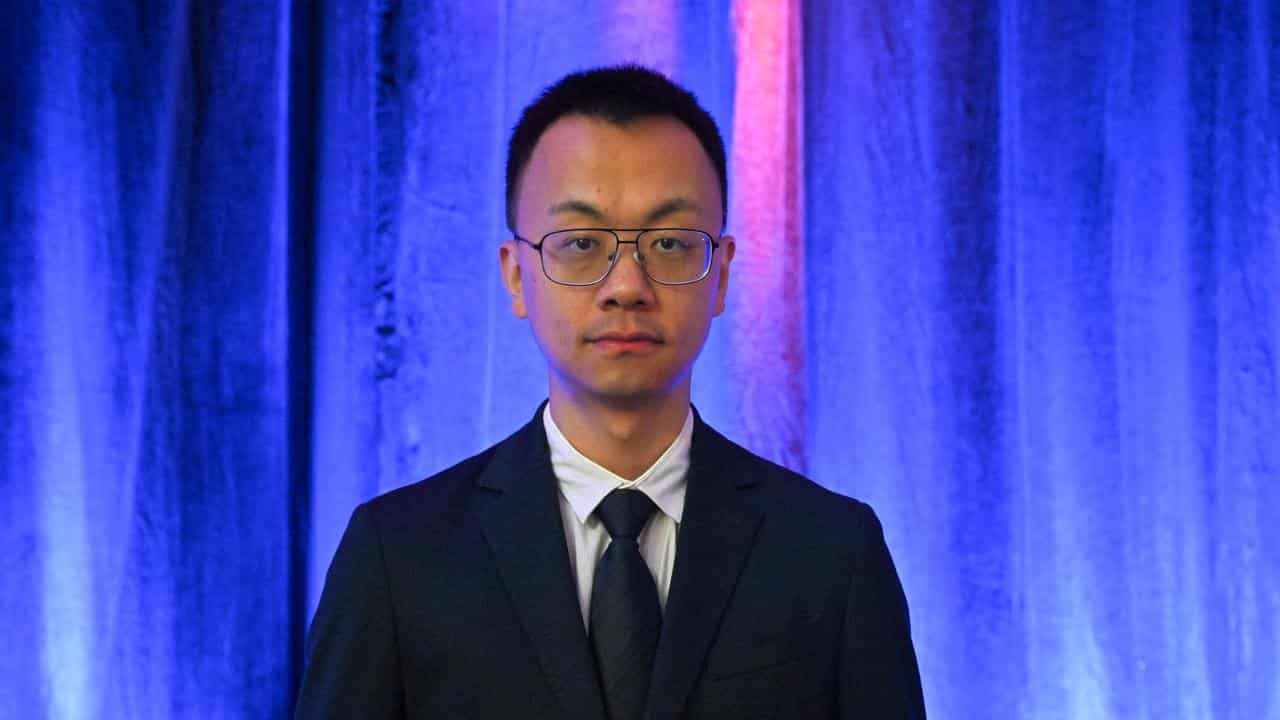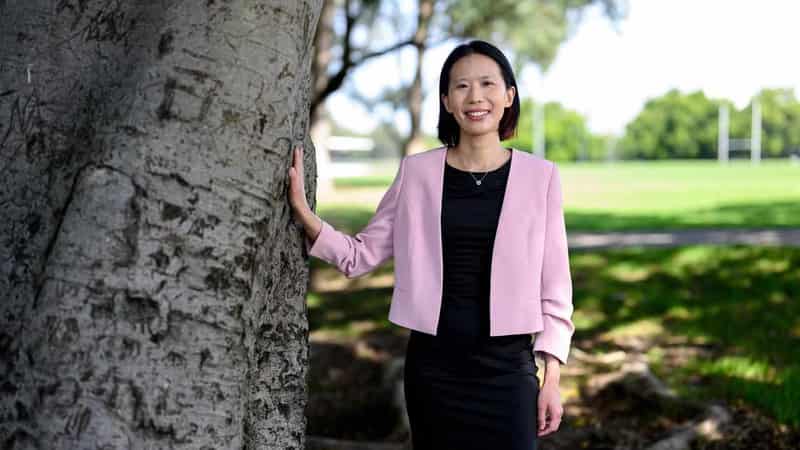
Inspiring Australia's next generation to use science to tackle the world's challenges keeps Alice Leung finding creative new ways to teach her students.
The high school teacher is one recipient of the Prime Minister’s Prizes for Science, scooping the award for secondary school teaching for her innovative methods.
Whether it's using chocolate chip muffins to show sustainability issues caused by mining or teaching algebra via how the pandemic spread, Ms Leung wants her students to know how science can shape the future.
“It's about getting the students to know this is what scientists actually do, because often they don't see that .... there's still that conception scientists are all just people in white coats in the lab,” she told AAP.
"That whole concept of scientific literacy combined with information literacy, is needed more than ever and if we bore them in high school, they're going to be turned off on from science and won't engage."
Teaching at Concord High School, where around 70 per cent of students are from non-English speaking backgrounds, Ms Leung has been recognised for creating a program to teach technical science terms to her students.
"You learn conversational English first, but the academic language has to come later and often it takes about seven years from the arrival to Australia for them to pick that up," she said.
"It's a challenge, and what I like to do is gamify the process."

Another winner - Tianyi Ma - is also helping shape the future after taking huge strides in green hydrogen production.
Professor Ma, who claimed the Malcolm McIntosh Prize for physical scientist of the year, has developed a method to turn carbon dioxide into naturally-occurring chemicals which could prove crucial in Australia's transition to net-zero carbon emissions.
His method collects solar energy and directly converts it into hydrogen, bypassing extra steps needed in traditional methods.
“Green hydrogen is well recognised as a new clean energy carrier, because there's basically no emissions when you use green hydrogen as a fuel,” he told AAP.
“This is a simple process, it's caught a lot of capital investment so it can be really cheap and environmentally friendly, and can lower down the cost of producing the green hydrogen.”
Professor Ma is also manufacturing a new generation of batteries and super-capacitors to store green electricity.
Pilot projects are underway to try and commercialise his research.









